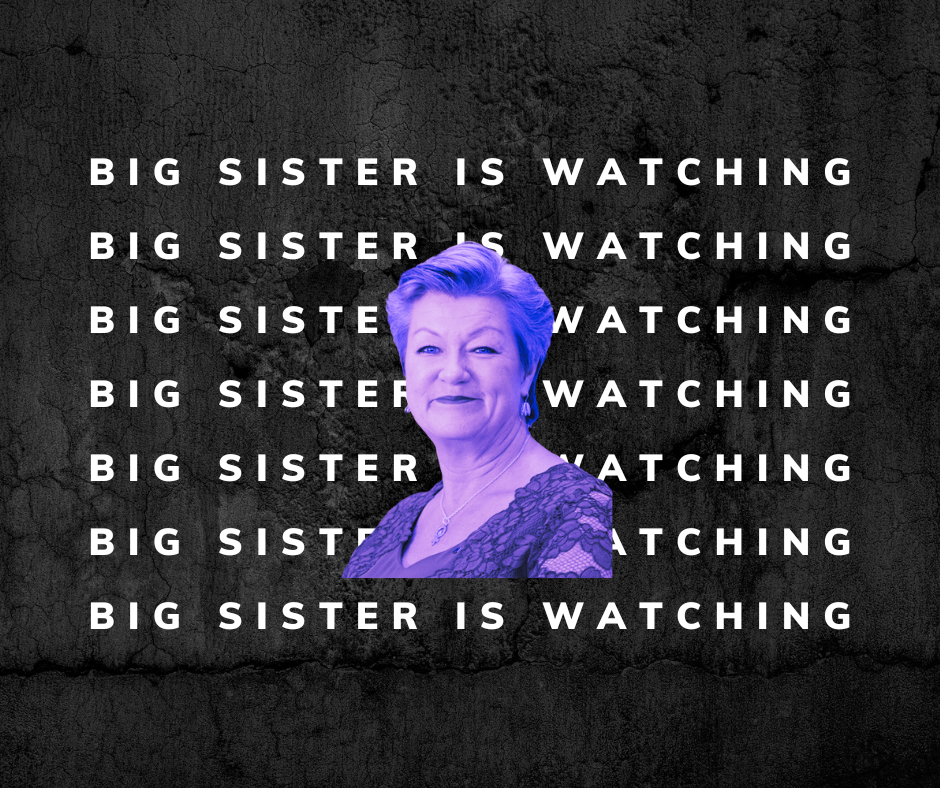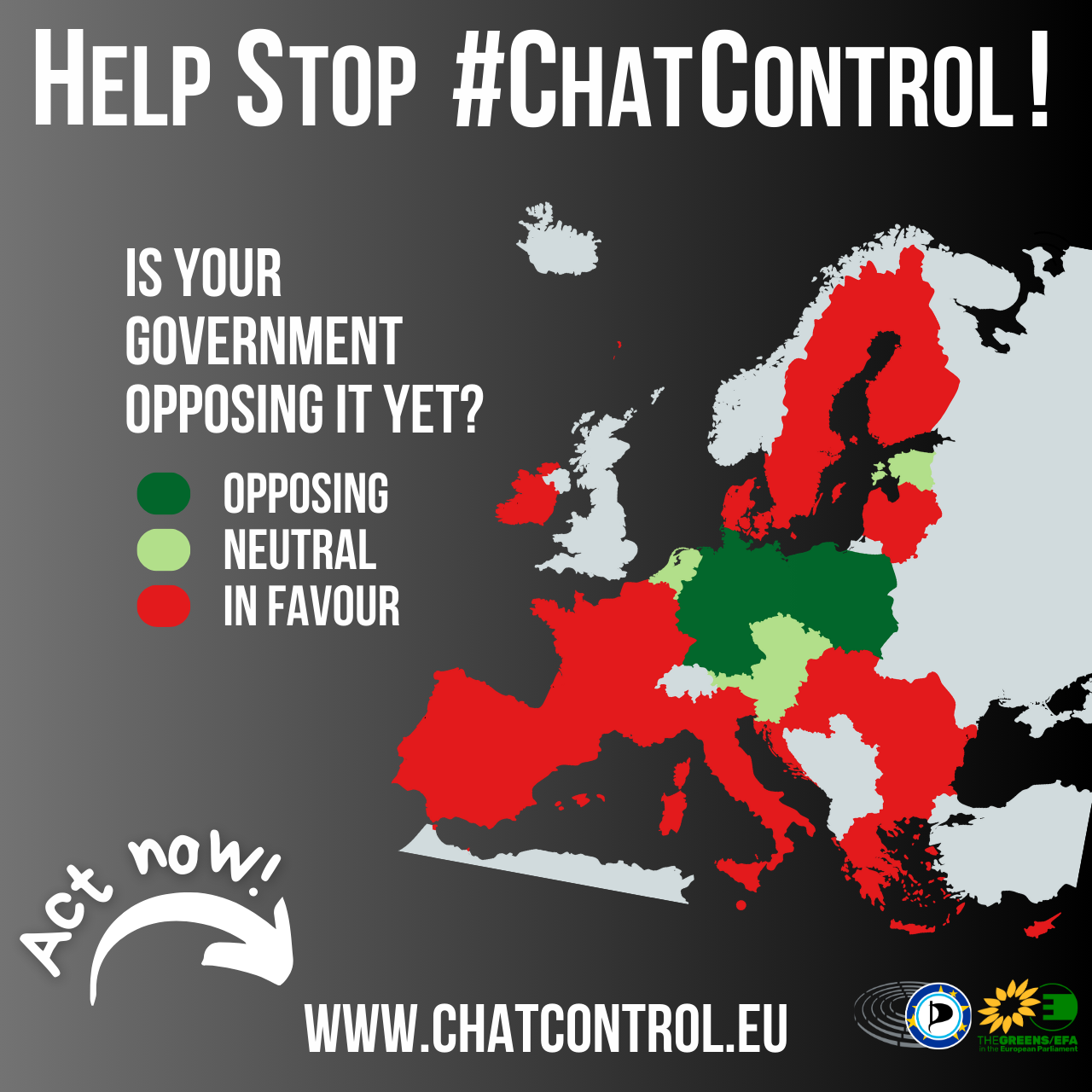Manipulative EU opinion poll no justification for indiscriminate chat control
The EU Department of the Interior DG Home claims to have proven with a Eurobarometer opinion poll that the vast majority of the EU population wants total chat control. Unfortunately this was never asked for, or only in a misleading way.
No mention of chat control
Citizens aged 18 and over were asked in many different ways whether depictions of child sexual abuse online should be automatically detected – to which most repondents agreed. However, they could not understand from these questions that private messages are to be indiscriminately searched with error-prone algorithms.
Automatic detection? Yes, please.
Only one question was asked about “messages (e.g. email, chat)” (question 9): Should service providers “detect child sexual abuse material and grooming conversations in messages (e.g. email, chat) when there is a significant risk of child sexual abuse on a particular platform?“
The wording of this question suggests that it was possible to accurately and reliably detect only “child sexual abuse material and grooming conversations”, i.e. without any false positives. However, since in reality up to 80 % of machine-reported private messages and photos turn out to be criminally irrelevant, respondents were misled by this question.
When citizens were asked in another survey whether they wanted their own private messages to be searched without suspicion for suspicious material, after revealing the high risk of false positives, the result was exactly the opposite: 72% of citizens rejected this monstrous idea.
The question about “a particular platform” is also manipulative, because chat control threatens to affect any service.
Fear-mongering
Question 7 on support for the proposed chat control regulation claimed: “If this [regulation] is not passed by August 2024, detection of child sexual abuse in online exchanges – voluntary or not – will become illegal.” Here, no respondent could understand that “online exchanges” meant private messages. Furthermore, the question omits that the method of “voluntary chat control” used by US big tech violates our fundamental rights and is already now illegal – lawsuits are pending.
Paternalism of young people concealed
Important parts of the proposal are completely missing in the EU survey, such as the planned exclusion of young people under 16 from installing most apps. When we commissioned a survey among young people on this, the response was overwhelming rejection.
Conclusion
The mother of chat control, Home Affairs Commissioner “Big Sister” Johansson, continues her information war on digital privacy of correspondence with this manipulative survey. It is our responsibility to drown this government propaganda in tireless education about the truth on chat control. Everyone is called upon to help!
Update of 27 September 2023: The Max Planck Institute for the Study of Societies criticised that the Eurobarometer “blurs the line between research and propaganda.” The violations of the rules of good public opinion research concern incomprehensible, hypothetical, and knowledge-inadequate questions, unbalanced response options, insinuation and leading questions, context effects, and the strategic removal of questions.
Update of 29 Oct 2023: When asked about the specific survey on chat control, Prof. Dr. Martin Höpner of the Max Planck Institute for the Study of Societies explains, “that the survey has a politically directed intention. This results from the selection of questions. Only “sunshine questions” are asked, i.e. questions that by their very nature elicit answers from the respondents that lend themselves to argumentative support for the Commission’s plans. Who would agree with the statement that the exchange of material showing child abuse should remain undiscovered (Q4-1)?
On the other hand, there are no questions that could elicit any concerns about the dark side of the plans from the respondents. Many things would be conceivable here, such as the danger of a myriad of “false-positive” hits, which you mention below, or more generally the danger of state surveillance penetrating into private spaces – questions could have been asked about all of these if one were really interested in an overall picture.
The whole issue is caught between two legitimate goals, the fight against abuse and communication free from state surveillance. In the first questions, however, the respondents are unilaterally made aware of one of the goals, but not of the other (see especially Q1)“.
See now also the analysis Insights from the Flash Eurobarometer 532 on Online Child Abuse and Encryption


